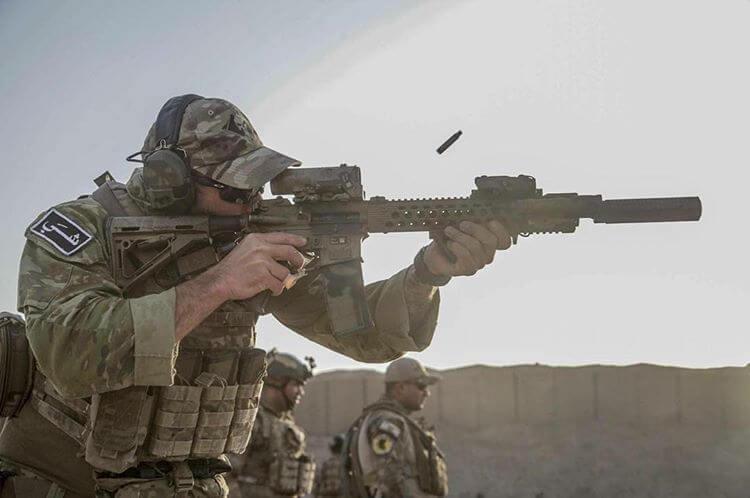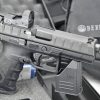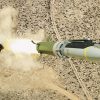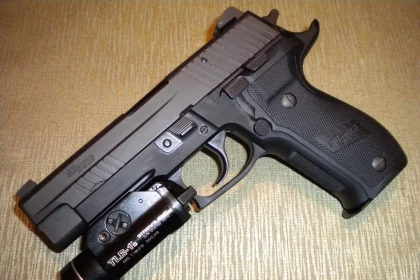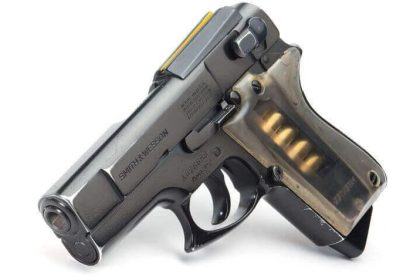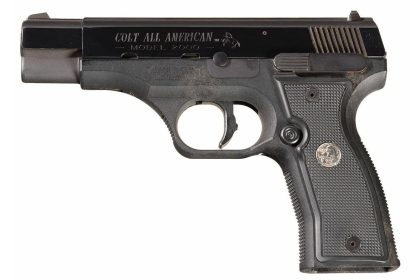The XM17 Modular Handgun System competition was put on by the U.S. Army (with input from other branches) to replace the Beretta M9 as the US military’s standard-issue sidearm. Most major handgun makers competed, including Glock, Sig, Beretta, Smith & Wesson, CZ, and FN, alongside a few others. Ruger made one, too but ultimately declined to submit it for consideration.
Winner: Sig-Sauer P320
Sig-Sauer P320 won this competition in 2017, likely in no small part to long-standing rumors the company had been snubbed in the M9 selection process. Most variants developed for the XM17 Modular Handgun System competition have faded into obscurity, including the Beretta APX. The competition, which in various forms went on for over a decade as various legal and inter-branch kerfuffles got worked out, produced a glut of polymer-framed, striker-fired, modular-grip pistols produced for the civilian market to iron out the production process for a scale-up, to recoup R&D costs and to keep the companies profitable in general while the selection process dragged out.
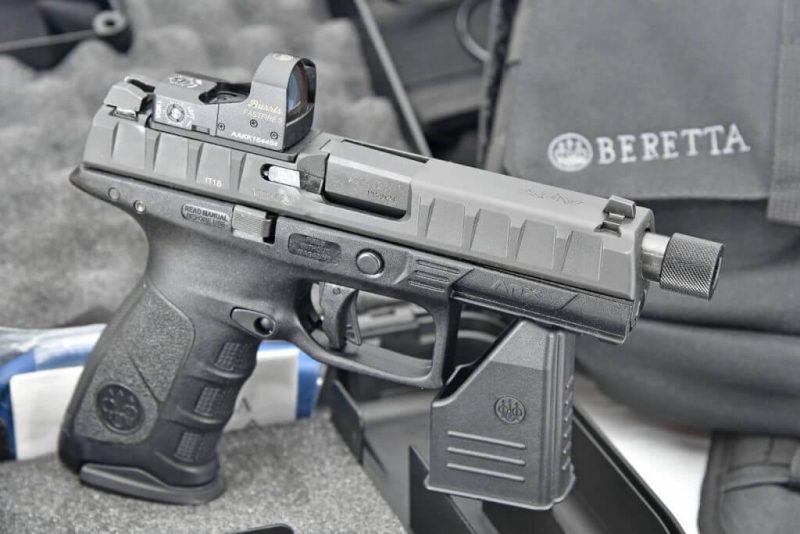
Beretta did not lose the U.S. Army contract because the APX is inferior to the Sig Sauer M17. While the M17 — a modified Sig P320 — is widely admired, one big reason Sig won the contract is the cost-effective (i.e., cheap) pistol/ammo package Sig offered in partnership with Winchester that none of the competitors could match.
Other competitors
The Glock 17 and Glock 19, also submitted in the competition, aren’t going anywhere, and Gen-5 models with replaceable backstraps are their current cutting-edge, though the manual safety of the actual Modular Handgun System variant went bye-bye; it was a requisite, and so Glock put one in, but it’s the antithesis of Glock’s design philosophy to have external safeties; the entire point is a pistol that is safe to carry without one.
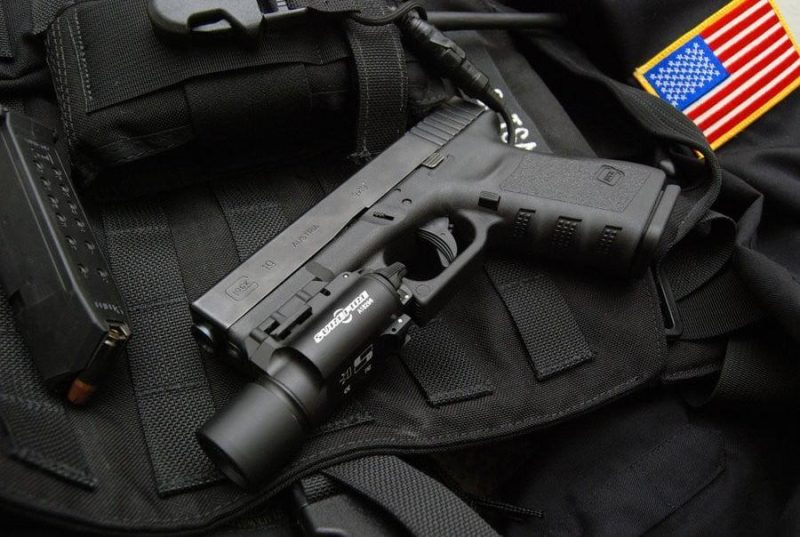
Also, the Smith & Wesson M&P, originating in the early 2000s when the Army competition was called “Joint Combat Pistol,” is still going strong despite losing the Army contract. That’s because while the Army was spending over a decade making up its mind, the M&P got picked up by the LAPD and several other departments, and today is the #2 police service pistol series behind Glock, so they do a healthy business despite the loss on the military contract.
Legacy
However, most other models have been quietly discontinued, as the civilian market never really adopted the design, and the hopes of the military contract were dashed. Ruger still makes the American Pistol, and FN’s entry was released in modified form as the FN 509 and has seen some success, but most of the entrants have moved on to other things. The civilian market wouldn’t support that many full-frame poly strikers.




